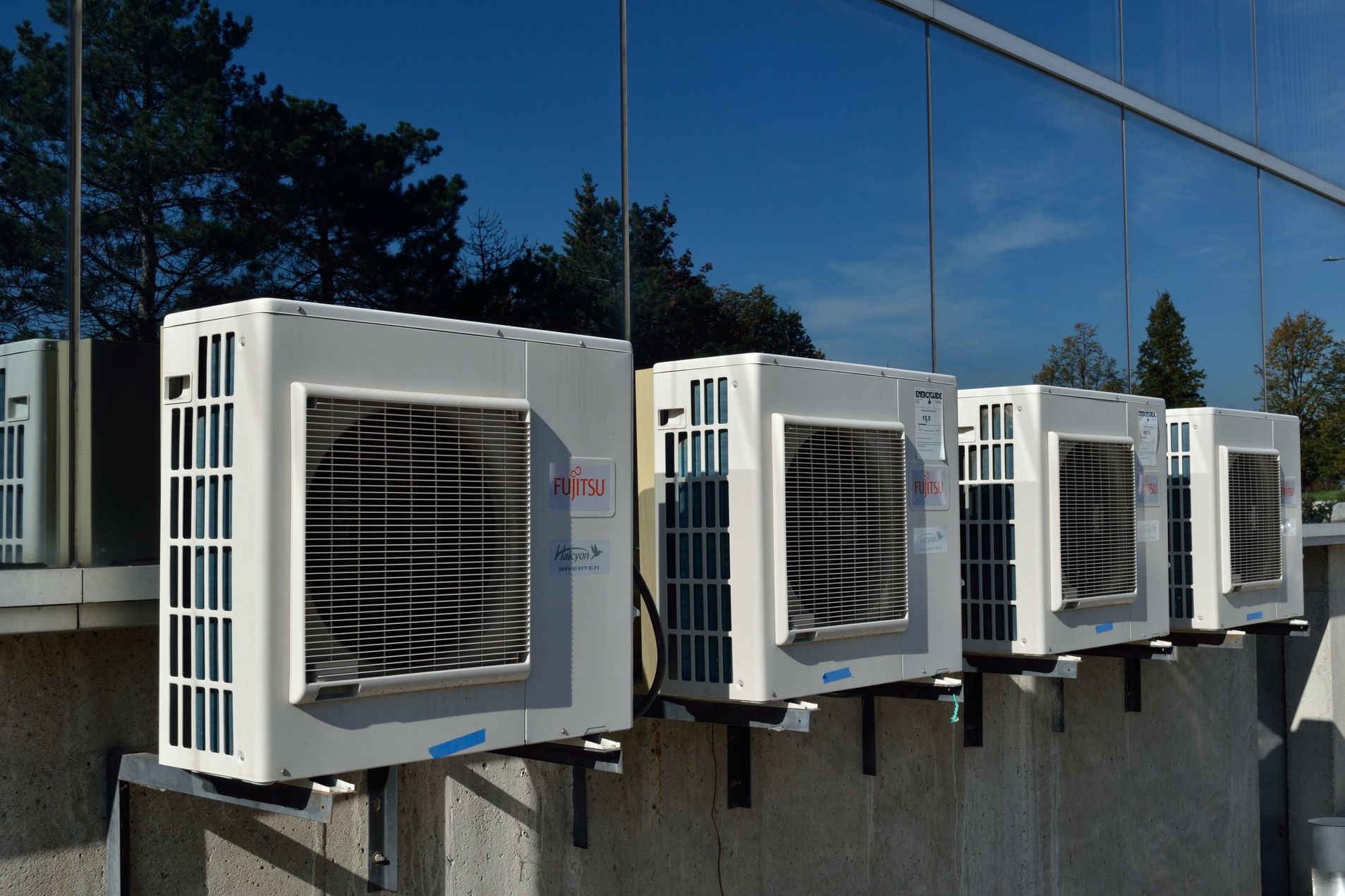Air Conditioning Inspection (TM44)
Your air conditioning system must be inspected every 5 years by an accredited energy assessor to make sure it’s energy efficient if it has more than 12kW capacity.
If you don’t get your air-conditioning inspected every 5 years, you will be fined £300.
The air-conditioning inspection will include:
- a visual assessment of your air conditioning system
- an examination of your air conditioning equipment and controls
Once the inspection is complete your assessor will issue a certificate for the system which is lodged on a central register.
You will also receive a report which:
- Indicates the current efficiency of your equipment
- Provides suggestions for improving the efficiency of your equipment
- Details any faults identified and suggested remedial actions
- Gives advice on how to reduce your air conditioning use
The Energy Performance of Buildings (England and Wales) Regulations 2012 (as amended) require all air conditioning systems with an effective rated output of more than 12kW to be regularly inspected. This is to be done by an accredited energy assessor and the inspections must be no more than five years apart.
These regulations only affect air conditioning systems with an effective rated output of more than 12kW. However, this does include having multiple individual units which are less than 12kW, but whose combined effective rated output is more than 12kW.
The person in control of the operation of the system, such as the building owner or manager, has statutory obligations and duties of care in relation to the operation and maintenance of air conditioning systems.
The air conditioning system inspection is designed to improve efficiency, reduce energy consumption, reduce operating costs and reduce carbon emissions. The report will highlight how the operation of existing systems can be improved or identify opportunities to replace older, less energy efficient or oversized systems, with more energy efficient systems.
CIBSE TM44 is used as the guidance for air conditioning inspections in the UK

Use the Find A Member button at the top of the page to locate your nearest Proficiency member who provides these TM44 air conditioning surveys.
The purpose of the air conditioning inspection report is to provide the building owner or manager with information regarding the efficiency of the air conditioning systems that they control, along with advice on how to improve the energy efficiency of the system. It seeks to identify opportunities to save energy and carbon and to reduce operating costs.
As a minimum the air conditioning inspection report will include at least the following:
- The likely efficiency of the system and any suggestions for improvement
- Any faults identified during the inspection and suggested actions
- The adequacy of equipment maintenance and any suggestions for improvement
- The adequacy of the installed controls and control settings and any suggestions for improvement
- The current size of the installed system in relation to the cooling load and any suggestions for improvement
- Consideration of the capabilities of the system to optimise its performance under typical operating conditions
- A summary of the findings and the key recommendations
Most air conditioning reports will contain some simple low or no cost recommendations as well as some which would require more significant investment to implement.
There is not any legal requirement to act on the recommendations but doing so is likely to be beneficial. Rectifying faults or making appropriate improvements identified in the report will contribute to more efficient running of air conditioning systems. Over time, this is likely to be more cost effective than not acting. It will also reduce carbon emissions associated with the building air conditioning.
